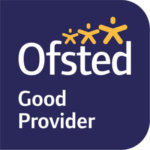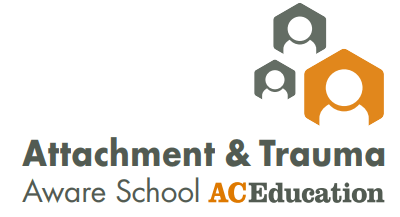Personal, Social, Health and Economic
The Health Education and Relationships Education aspects of PSHE (personal, social, health and economic) education was made compulsory in all primary schools in September 2020.
The Department for Education published Statutory Guidance for Health Education, Relationships Education and RSE.
It ensures that every child is guaranteed a PSHE education that covers mental health and wellbeing, physical health (including healthy lifestyles and first aid) and learning about safe, healthy relationships, including understanding consent and negotiating life online.
Here is a summary of our journey so far. Further information will follow in September 2020 related to both the ‘Life To The Full’ and the ‘PSHE and Wellbeing Framework for Primary Schools’.
Life to the Full
Life to the Full covers the statutory requirements of Relationships and Health Education. It is based on the structure of the Model Primary RSE Curriculum from the Catholic Education Service. This is the basis for all the lessons and resources. This itself is cited as a work of good practice by the DfE . As a school we will be delivering a programme that puts Catholic education at the very heart.
“Living in the Wider World” within PSHE is not covered in Life to the Full programme but through the ‘Health Education Partnership’– A PSHE and Well being Framework for Primary Schools.
‘Life to the Full’: a fun, dynamic and exciting programme of work that will greatly develop the social, moral, cultural and spiritual education of our children. The programme adopts a spiral curriculum approach so that as a child goes through the programme year-after-year, the learning will develop and grow, with each stage building on the last.
Programme Pathways
The programme is taught over three terms each year. This means that the full Learning Stages are run twice (e.g. the full KS1 programme is run with Year 1 and then repeated with Year 2). This is the recommended pathway. The programme is a progressive, spiral curriculum which, by its very nature, returns to similar themes and content at each Learning Stage, but at different levels. Repeating the curriculum is not a wasted exercise, but an opportunity to embed learning and for children to benefit from their own and peers’ new levels of experience and maturity. The aim of every session should be child-centred and developmental.
Barnet Schools Wellbeing Programme
The content of our PHSE is based on the Barnet Schools Wellbeing Programme which aims to:
- Develop confidence and responsibility to make the most of their abilities;
- Prepare children to play an active role as citizens in the in school and the wider community;
- Support the children’s understanding of how to live a healthy lifestyle;
- Support children with how to make good relationships and learn to respect differences between people.
- Prepare children for the opportunities, responsibilities and experiences of modern life.
KS1 – During key stage 1 children learn about themselves as developing individuals and as members of their communities, building on their own experiences and on the early learning goals for personal, social and emotional development.
KS2 – During key stage 2 children learn about themselves as growing and changing individuals with their own experiences and ideas, and as members of their communities.
Why is it important?
Taking part in Healthy Schools London (HSL), and working successfully through the tiered awards, enables us to directly support the health and wellbeing of our children and staff. As a school community we feel there are so many positive outcomes:
- Increased amount of opportunities that children and young people have to be physically active in and out of schools
- Increased participation of children and young people in physical activity in and out of school
- Improved links between schools and communities that promote physical activity
- Increased school meal uptake including free school meals
- Improved children and young people’s access to healthy packed lunches and snacks throughout the school day.
Behaviour and Equality
St. Catherine’s policies for Behaviour and Equality reflect the importance we place upon these aspects of our curriculum and in our day to day dealings with both children and adults, equal opportunities and inclusive practice are always at the forefront of everything that we try to do.
The school celebrates in particular the achievements of children who demonstrate kindness and friendship and places due emphasis on the importance of developing good relationships and respecting the differences between people, both of which are an essential part of life and learning.



